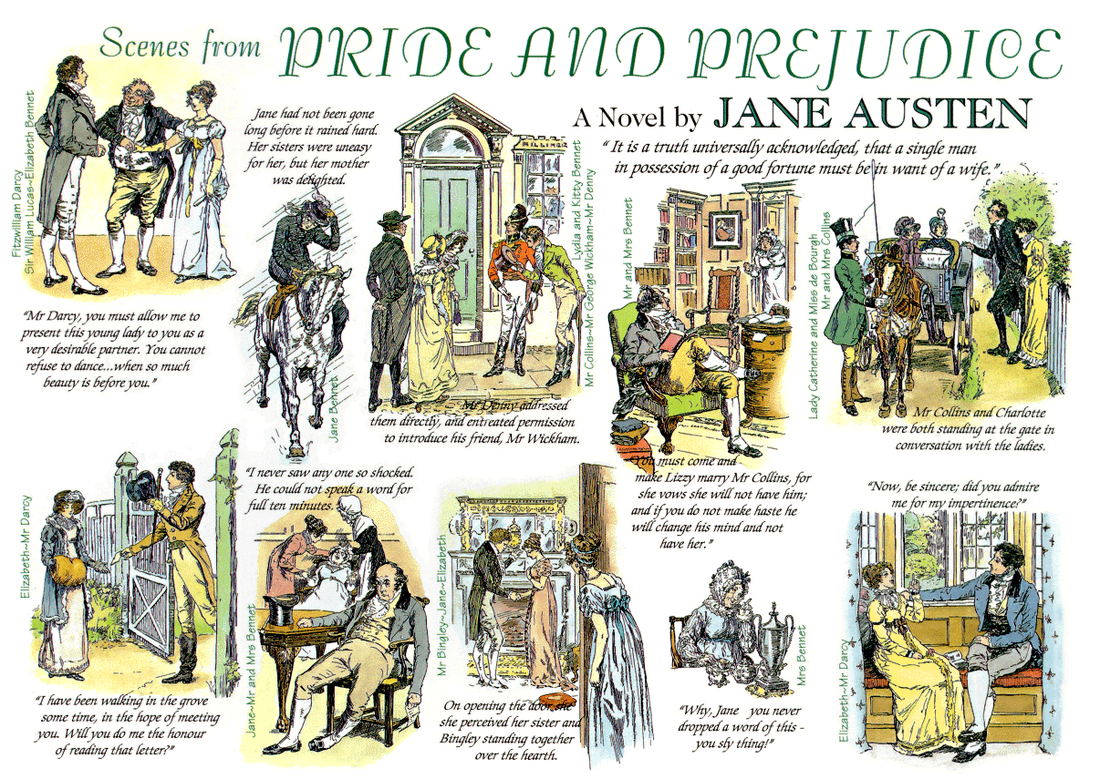Classics are an acquired taste. It’s good to start with something not too heavy. Jane Eyre by Charlotte Bronte is one of the best. Vanity Fair by William Makepeace Thackeray is another. Books by Oscar Wilde and Jane Austen are as entertaining as they are enriching. On the other hand, only serious readers should tackle heavyweights like Charles Dickens or Geoffrey Chaucer. I keep telling myself I will read them one day. I hear you ask, why doze through 300 pages of Victorian England?
The classics are quality writing. And as writers, whatever we read reflects in our work (often without our knowledge). It’s better to read quality literature than potboiler stuff (indulgence in potboilers now and then is essential for entertainment and sanity, of course).
Sentence construction was different back then. Sentences often seem longer, but actually the classics discuss complex ideas in a very articulate manner, and this helps writers.
Classics have strong narrative arcs, the basis of writing, even today. Those writers knew how to tell a story.
Most classics have been written in a time far away from our own. Yet, their themes are very relevant even today. Although people dressed and talked differently then, human nature stays the same. Pride and Prejudice (Jane Austen) is about four young girls living in the English countryside around 1810. Their overbearing mother is dying to see them all successfully married, and won’t rest till she’s achieved this. The humour, the underlying commentary on morality and notions of femininity ring true today, more than ever.
The Picture of Dorian Grey (Oscar Wilde) talks of our obsession with immortality and staying young, and the price we pay for our folly. Jane Eyre is the story of a young girl’s rise to independence. Anna Karenina (Leo Tolstoy) tells us about women in Czar’s Russia. The Plague (Albert Camus) has brilliant use of language; is totally non-pretentious, with frills and flights of emotion. It narrates what happens when a town is struck by plague and is cut off from the outside world, and drives deep into the best and worst of human nature.
Classics challenge us by taking us far away from the present day. And isn’t that the point of all great literature? To step into someone else’s shoes, and walk a mile or so in them, and come out richer for it.

